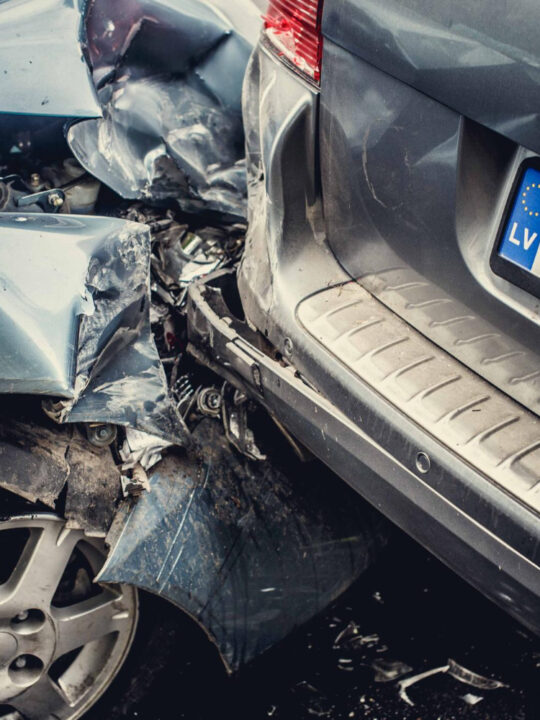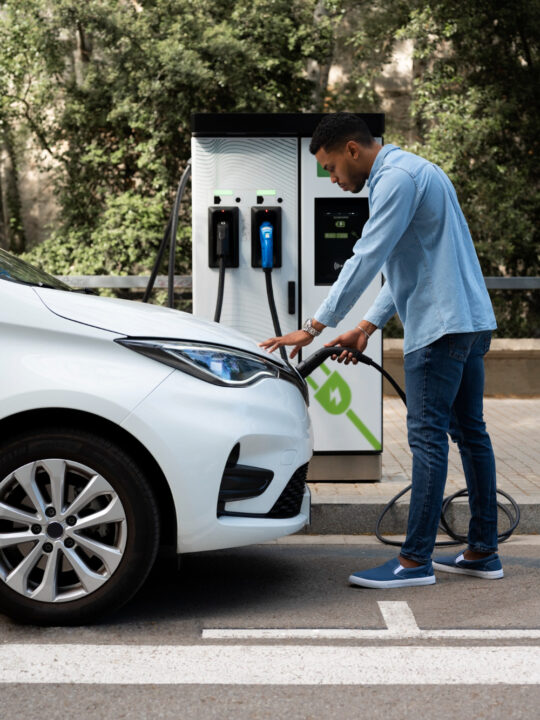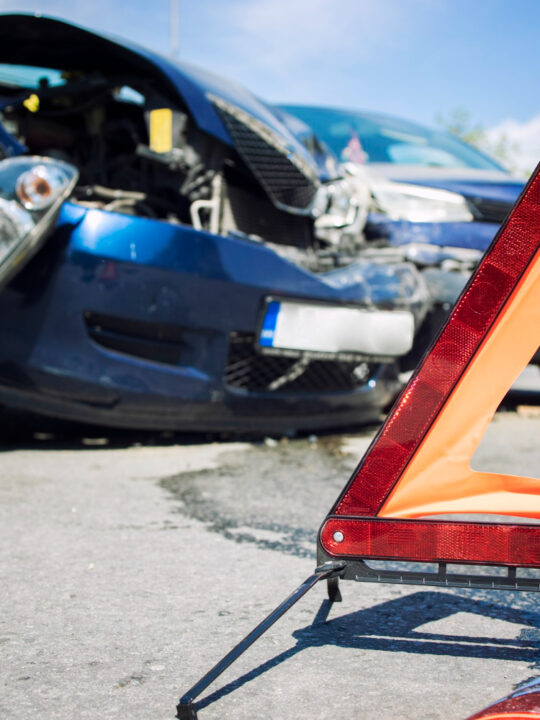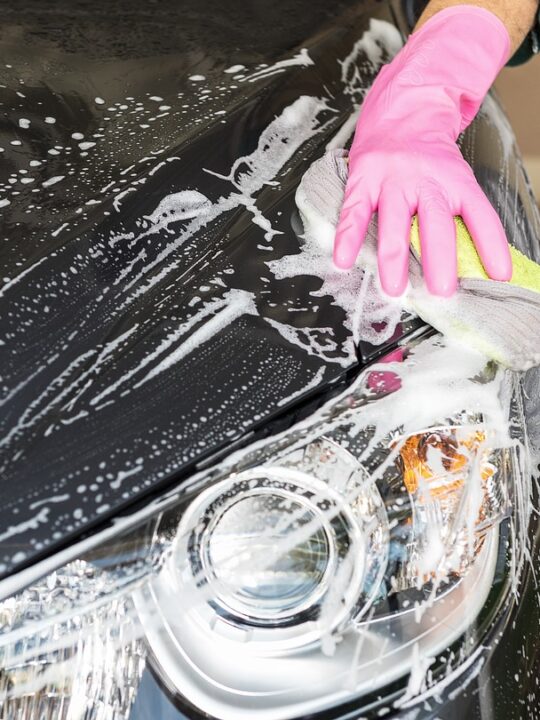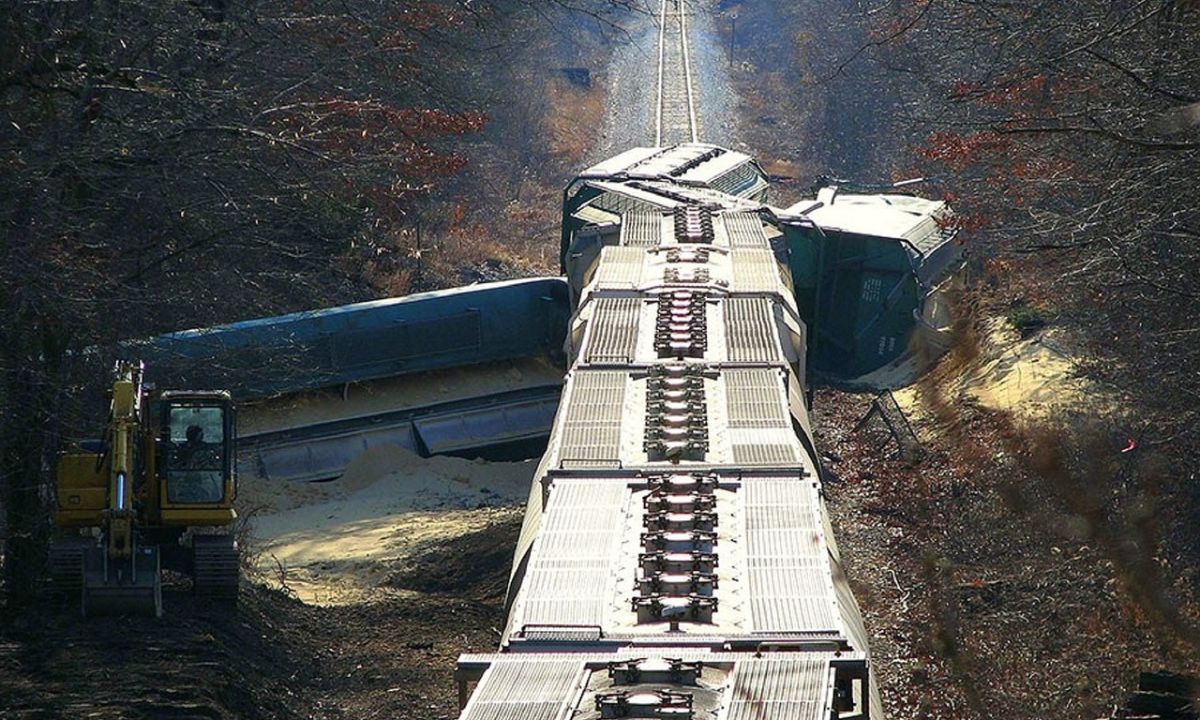 Trains are a lot of fun. They are also pretty useful, both for the economy and the average Joe. The Association of American Railroads reports that the freight rail network is approximately 140,000 miles long and supports a wide range of industries, from agriculture, coal, and chemicals to construction, motor vehicles, and crude oil. As for passenger trains, data from the Federal Railroad Administration states that over 369,000,000 people used them in 2022.
Trains are a lot of fun. They are also pretty useful, both for the economy and the average Joe. The Association of American Railroads reports that the freight rail network is approximately 140,000 miles long and supports a wide range of industries, from agriculture, coal, and chemicals to construction, motor vehicles, and crude oil. As for passenger trains, data from the Federal Railroad Administration states that over 369,000,000 people used them in 2022.
Trains are useful, yes, but when accidents happen, everything comes to a standstill. The entire scene of the accident will be a war zone, with things scattered everywhere and people rushing around. Train accidents tend to have devastating effects.
You should consult a train accident lawyer if you’re lucky enough to escape a train accident with injuries. It is important to get legal help in your settlement process. Your train accident compensation process becomes smoother with the assistance of a train accident lawyer.
There are many reasons why train accidents happen. But some are more important than others. This article lists four of the crucial reasons why train accidents happen. It also includes pointers on how to tackle them.
Table of Contents
Human Error
Human error is among the leading causes of train accidents in the US. Multiple factors fall under human error. They are,
- Driver Fatigue: A driver working for extended hours may experience fatigue. Tired drivers suffer from a lack of mental awareness, drowsiness, and lower physiological functions. All these factors lead to train accidents.
- Distraction: Just like car drivers, train drivers multitask at work. They can either be busy on their phones, listening to radio or passenger conversations, or simply doing something else while the train is in motion. A distracted driver has a high probability of causing train accidents.
How to Avoid
Drivers should take adequate rest and look out for signs of fatigue. Most drivers force themselves through exhaustion because of the pressure of their supervisor or employer. Considering the number of people trains carry and the value of the goods they transport, the supervisor should refrain from pressuring the drivers into working more.
Reckless Motorists and Pedestrians
The train driver or the company isn’t responsible for all train accidents. Pedestrians and motorists who act with reckless disregard for their own and others safety are a reason too. Pedestrians may overestimate the distance between them and the train. They may stand too close to the train and get hit in the process.
Another instance is when motorists try to beat the train at the crossing or drive around the crossing gate. This is a recipe for disaster, as motorists underestimate the speed of the train and get hit by it.
How to Avoid
Simple, just follow the road rules. Always maintain a safe distance from train tracks. Practice caution and patience when waiting at railroad crossings. Take warning signs seriously and encourage others to do so as well.
Mechanical Issues
Trains, just like other vehicles and electrical devices, need regular maintenance. Failure to do so leads to disastrous consequences. Trains consist of a lot of moving parts. Each part must be in working condition for optimal functioning. A single defective or malfunctioning part considerably increases the risk of accidents.
How to Avoid
Two words. Regular inspection. The train operator, employees, and company must conduct inspections at regular intervals. This helps spot issues easily and avert disasters.
Defective Tracks
Defective tracks indicate the presence of foreign objects on the tracks. They tend to cause derailments, which can either be minor or catastrophic. Foreign objects aside, vandals can also damage train tracks, leading to accidents.
How to Avoid
The Federal Railroad Administration (FRA) guidelines state that railroad owners are responsible for maintaining train tracks. This includes conducting routine inspections to spot issues and rectifying them immediately. Railroad companies must also install adequate warning devices that detect damage to train tracks. Additionally, conductors must also be trained to notice any irregularities in tracks and act accordingly.
Conclusion
Train accidents are serious events that can cause severe property damage and fatalities. But, like all accidents, they can be avoided as well. Train companies, operators, and crew must follow government regulations and take adequate measures to ensure the safety of the passengers and goods they’re transporting.


